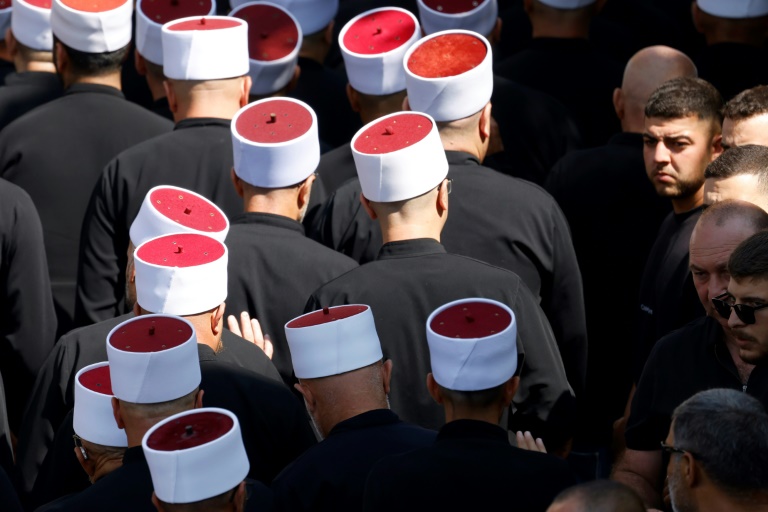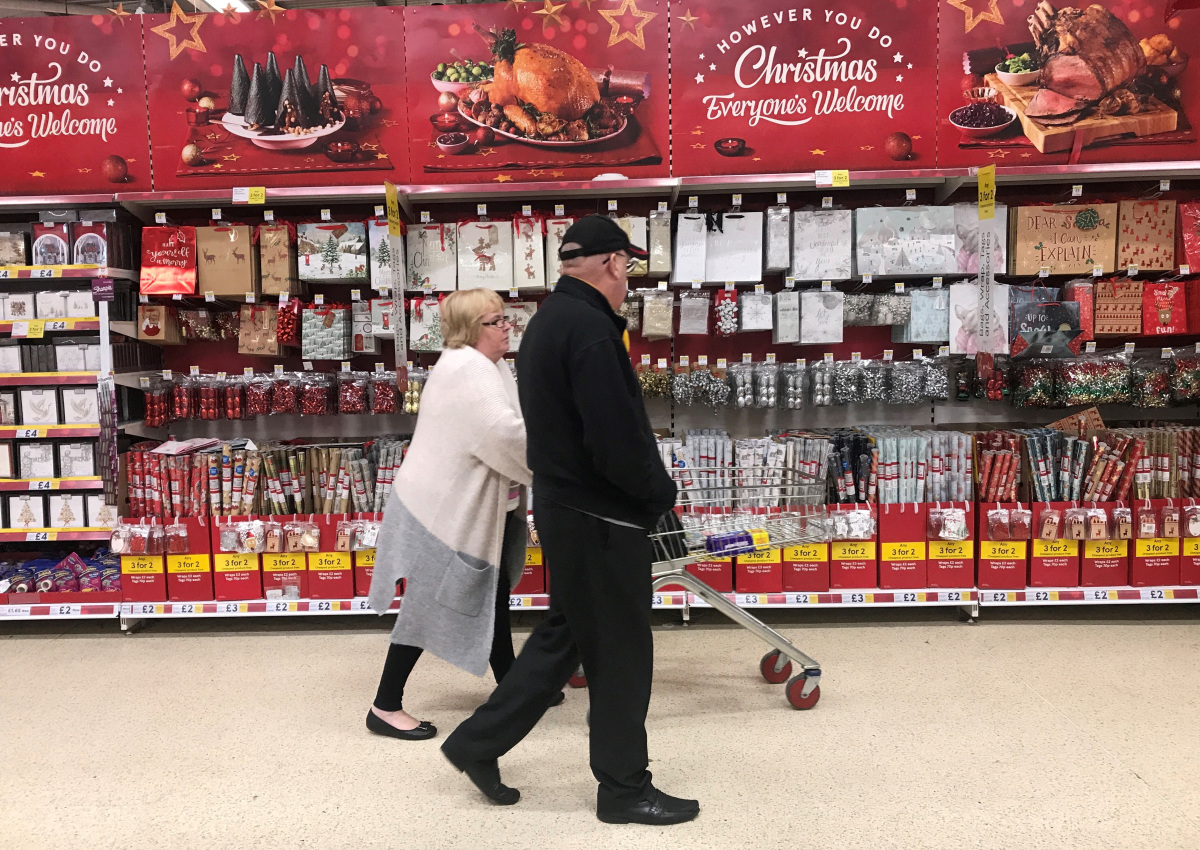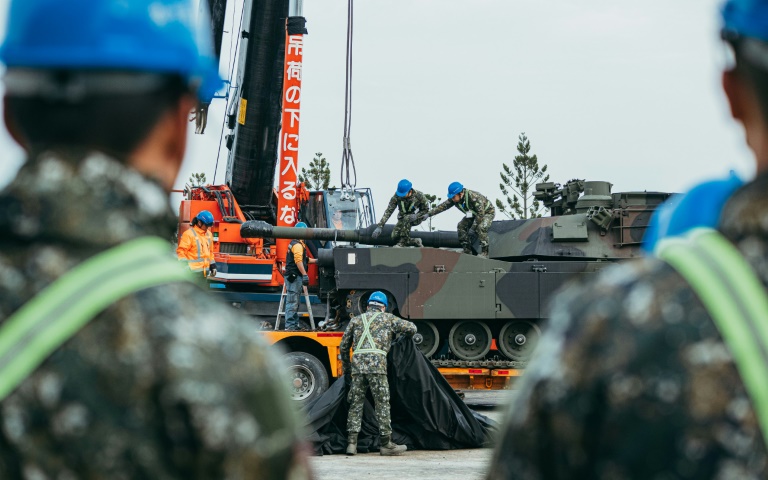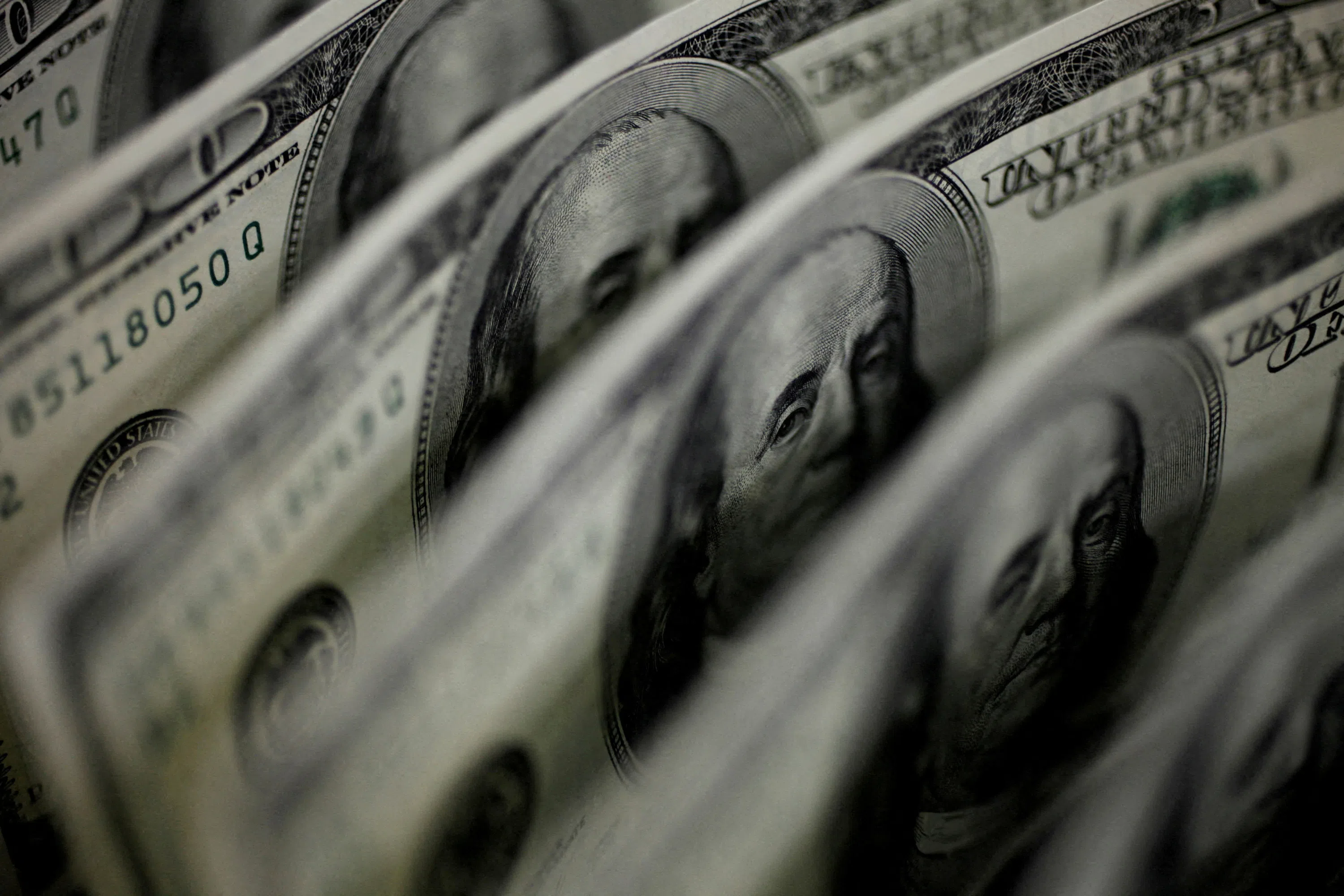Weeping men carried small coffins at a funeral ceremony attended by thousands from the Druze community on Sunday for many of the 12 youths killed in a rocket attack on the Israeli annexed Golan Heights.
The Israeli military said they were struck on Saturday by an Iranian-made rocket carrying a 50-kilogram warhead that Lebanon’s Iran-backed Hezbollah group fired at a football field in the Druze Arab town of Majdal Shams.
Hezbollah has denied responsibility for the strike.
Local authorities said the dead were aged between 10 and 16 years.
The Druze follow an offshoot of Shiite Islam. Hundreds of men dressed in traditional attire, including white caps topped with red, attended the ceremonies which saw coffins borne through the crowded narrow streets of the town, which came to a standstill.
Others lined balconies to look down on the procession of white-covered caskets with white roses and gypsophila resting on top.
Under a scorching sun, some mourners carried large photos of the dead children, including one boy wearing a suit.
Earlier, several women dressed in black abaya robes cried as they laid flowers on the caskets, an AFP correspondent reported.
“Every night, every day, every minute we are worried. It’s been like this for 10 months,” Laith, a 42-year-old nurse who gave only his first name, told AFP.
Since October when war in the Gaza strip began, Israeli forces and Lebanon’s Iran-backed Hezbollah movement have regularly exchanged fire over the border.
“Everybody you see here is worried all the time,” Laith said. “We are so very sad. We lost children, children playing soccer.”
“Our community is very close-knit. These children are like children of everybody in the village,” he said.
Checkpoints have been set up at the entrance to every village in the Golan.
Israel’s army called Saturday’s rocket strike “the deadliest attack on Israeli civilians” since the October 7 attack by Hamas Palestinian militants on southern Israel that triggered war in Gaza.
In Majdal Shams many residents have not accepted Israeli nationality since Israel seized the Golan Heights from Syria in 1967.
Israel vowed to strike back “hard” after the rocket strike, and Iran warned Israel against any new military “adventures” in Lebanon.
But Ziyad, 63, who gave only a first name, said Majdal Shams doesn’t want to see an escalation.
“Most people want to be in their house and deal with their grief. This is what is needed as opposed to overreacting,” he said.
Violence since October has killed at least 527 people in Lebanon, according to an AFP tally. Most of the dead have been fighters, but the toll includes at least 104 civilians.
According to Israel’s army, 22 soldiers and 24 civilians have been killed so far in northern Israel.
AFP
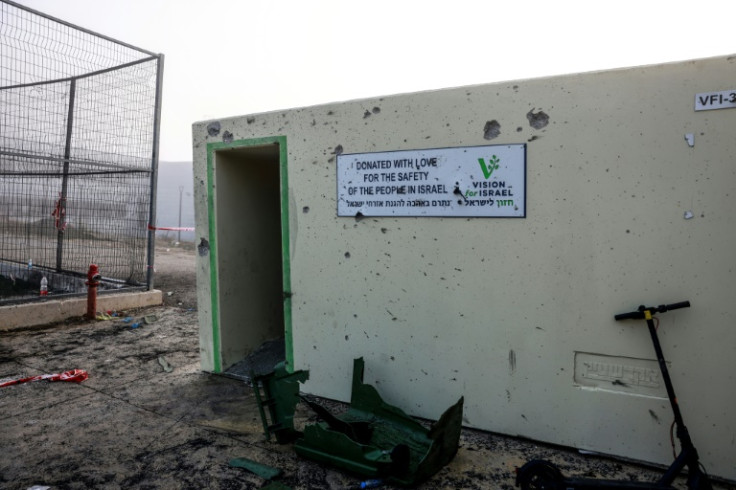
AFP

